Like every good television detective, I have a knack for investigating a case until the truth is uncovered. As the detective carefully combs through the evidence, tension builds as he\she rules out the obvious suspects. The person that has the most evidence stacked against them or the most clear motive is usually the first one we as viewers direct our attention to. The truth is, that if the first person most people suspect was the actual perpetrator then the show would end within the first five minutes. The true entertainment is in watching the plot slowly unfold as new characters are introduced. My favorite part of the drama is the scene, usually at the end, when the real perpetrator is cornered in the interrogation room by the detective and blurts out a confession when he\she they can't take the questioning any longer.
Oddly enough, I use a similar approach to problem solving in everyday life. I rarely accept someone's word as fact without doing a full on personal investigation. I never accept what I'm told at face value and I look for holes in every report I receive. One might say that I'm overly skeptical but I'd describe myself as legitimately cautious. Even as a child I felt the need to inquire about things until they made sense to me. I’m sure my inquisitive disposition irritated my mother from time to time but she never discouraged me from asking questions. As a matter of fact, she encouraged it because she understood that my questions held the key to how I related to the world around me.
As an adult reading between the lines has become so second nature that I don't even realize that I'm doing it. Two weeks ago while most of the world did cartwheels of celebration in response to the news that a baby had been "functionally cured" of HIV, I paused. Almost instantly after reading the stories and watching the broadcasts I began to hone in on all of the intricate details that weren't being reported. On major news websites and blogs I read comment after comment of people filled with hope of the possibility that we could see a cure within our lifetime. In the thousands of comments I read, I only saw two or three responses that asked questions about the omitted details that concerned me. My Facebook newsfeed was flooded with links to the story while I remained silent, astonished by the vast number of people who accepted this story as fact without any further investigation.
We all know that there are many ways to describe our relationships with others. Sometimes we recognize faces but can't remember a name, indicating we don't know the person much at all. We are Facebook "friends" with people we once knew well but haven't seen in years, some of which we might not even recognize if we passed them on the street. Others we spend time with on a regular basis because circumstances demand it. Our co-workers, classmates, doctor, or realtor are people we know by name and communicate with regularly, but the relationship is sustained strictly by obligations. Finally, there are our spouses, children, parents, and siblings, the people in our lives that we are emotionally connected to and responsible for.
Just like there are varying degrees of relationships among people, there also many different levels of being affiliated with HIV/AIDS. For those who have only met HIV through news media, pop culture and PSA’s, this kind of news is monumental. Just the idea alone that there might be an end in sight to the horrible disease that has been terrifying "those people" for the last thirty years is astonishing. To the people who haven't seen HIV/AIDS since the 1970's and 80's this story of a "functional cure" is a dream come true because of the many lives lost early on in the epidemic. Those who work closely with people living with HIV/AIDS on a daily basis as case managers, health care providers, and program directors might have viewed this story with a bit of a side eye. Although I'm sure that they ultimately desire to see their clients and patients live healthy lives they may subconsciously wonder how will their jobs be affected if a cure is found?
As someone who has known HIV/AIDS intimately for over fifteen years, I have a much different lens. This story shook me to my core with questions I wasn't sure I wanted the answer to. Where is the mother? Why is she being portrayed so negatively? Was the baby really infected? What's the difference between being "functionally cured" and having an undetectable viral load? How much research has been done on the long-term effects of the medication the baby received? Did the baby suffer from any harmful side effects? Are scientists suggesting that all "at-risk" babies be given medications they know little about? What are the criteria for an "at-risk" baby? The CDC has emphasized an increase of new infections among young, gay, African American men so why has the focus now shifted to preventing mother to child transmissions again? Besides I thought we already won that battle. I think you get my point. So much information is missing from this story that I can't consciously raise my glass in celebration until I get answers that make sense.
As the masses cheer for the medical and pharmaceutical industry, I find myself more and more concerned with the nameless, faceless members of the global society that will never receive so much as a handshake for their bravery in facing and combatting this disease on a daily basis. Of the 30 million people currently living with HIV/AIDS, only a microscopic fraction will ever get to tell their side of this unfolding story. Unfortunately, many of these voices are silenced by stigma and fear of being ostracized, ridiculed, and judged by loved ones and/or the general public. Those who bravely release their fears and speak out are often times encouraged to deliver pre-packaged messages to attain and maintain a "decent" livelihood. And a vast majority of those most affected are so concerned with survival that the thought of voicing their concerns, asking questions, or telling their stories rarely cross their minds.
In light of the new developments being made in HIV/AIDS I find myself in an unfamiliar space in defining our relationship. It's as if everything I thought I knew about this disease is being challenged. The more I dig for answers the more I realize I really don't know HIV/AIDS at all, only what I've been told and that’s just NOT enough anymore.


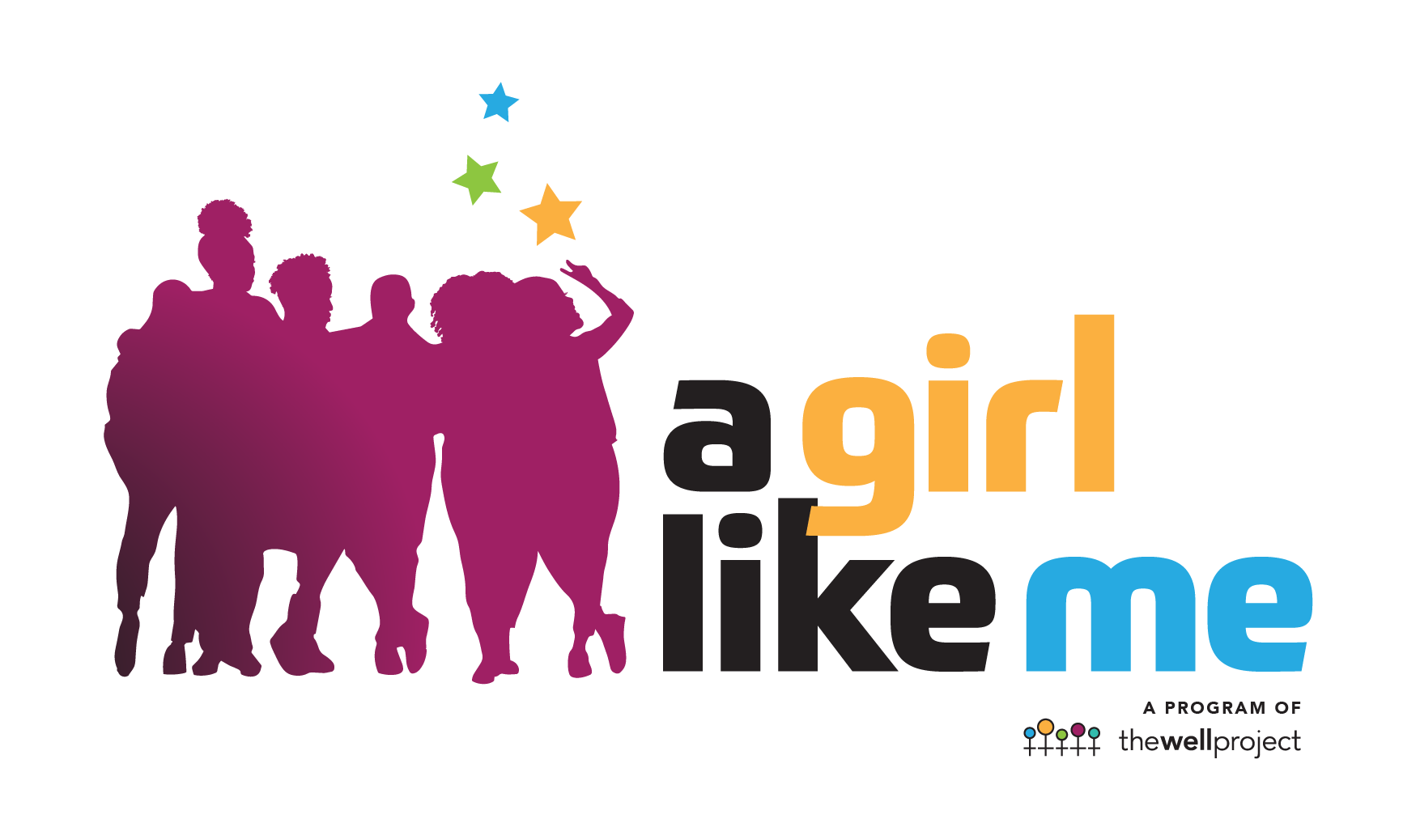
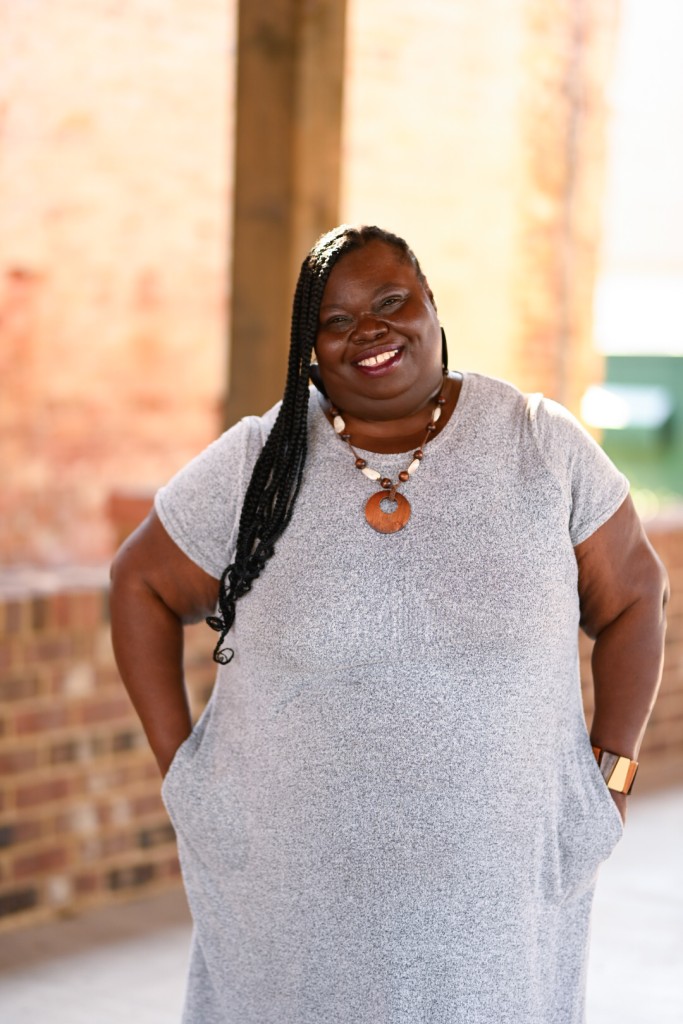


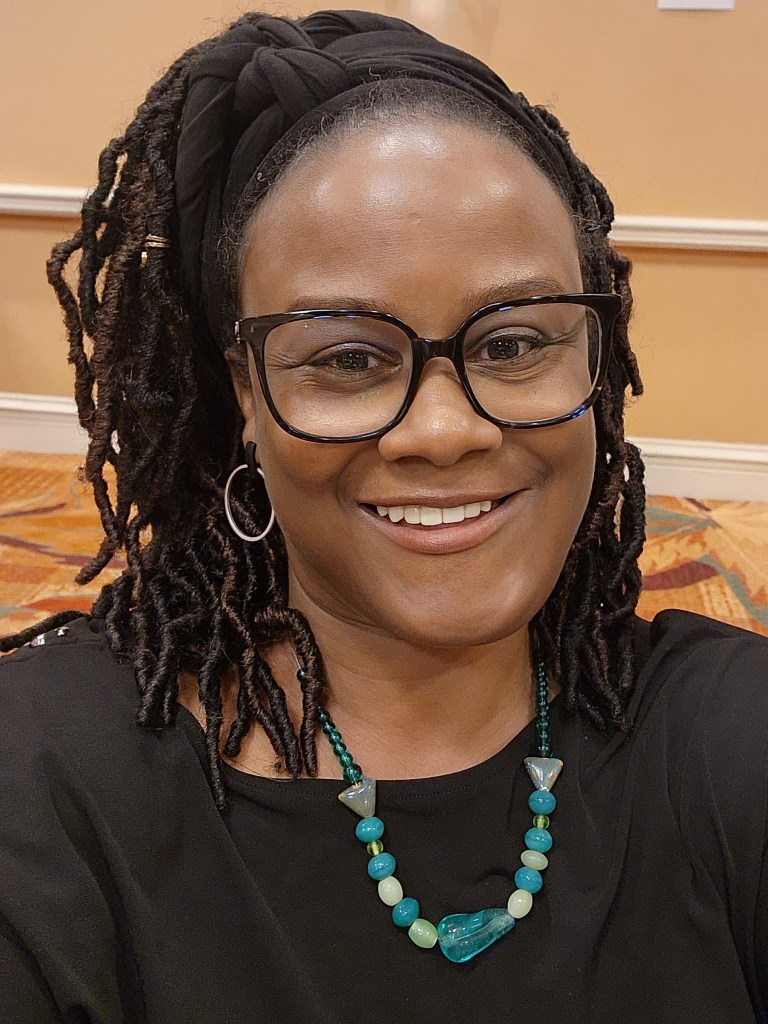
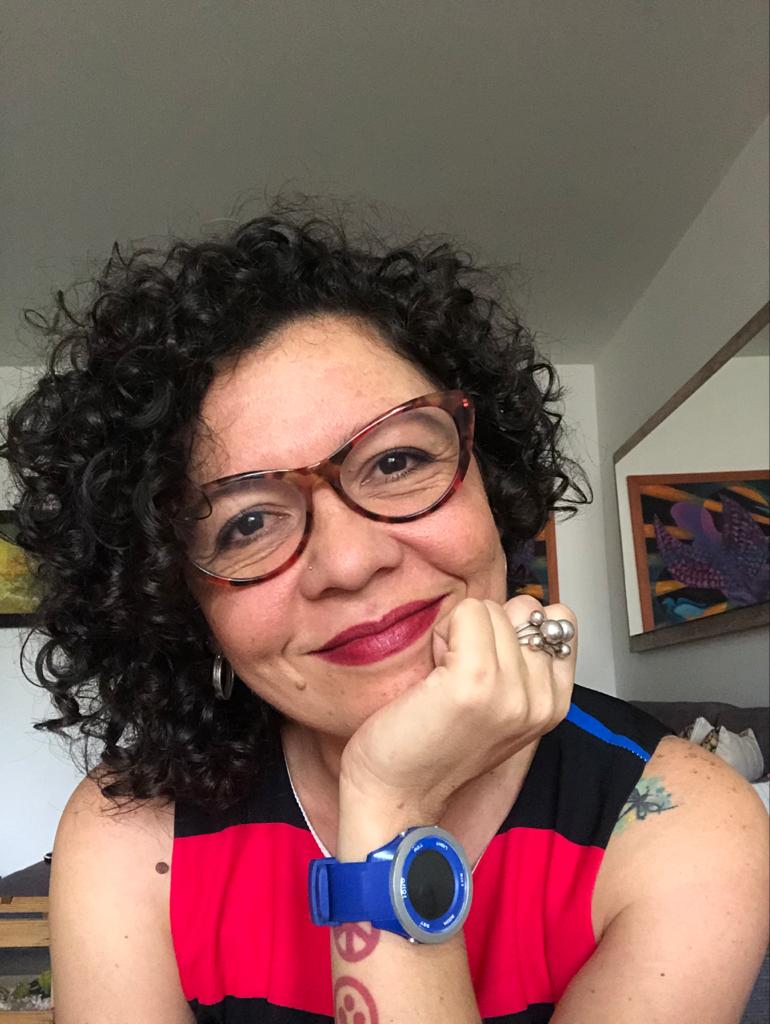

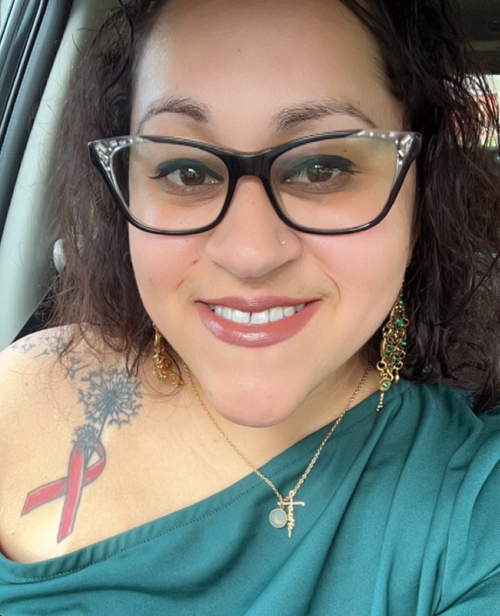
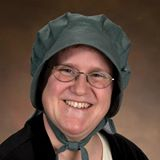
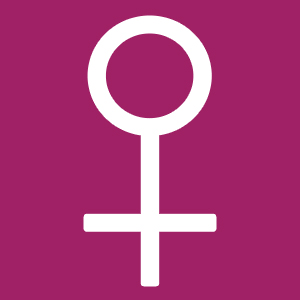



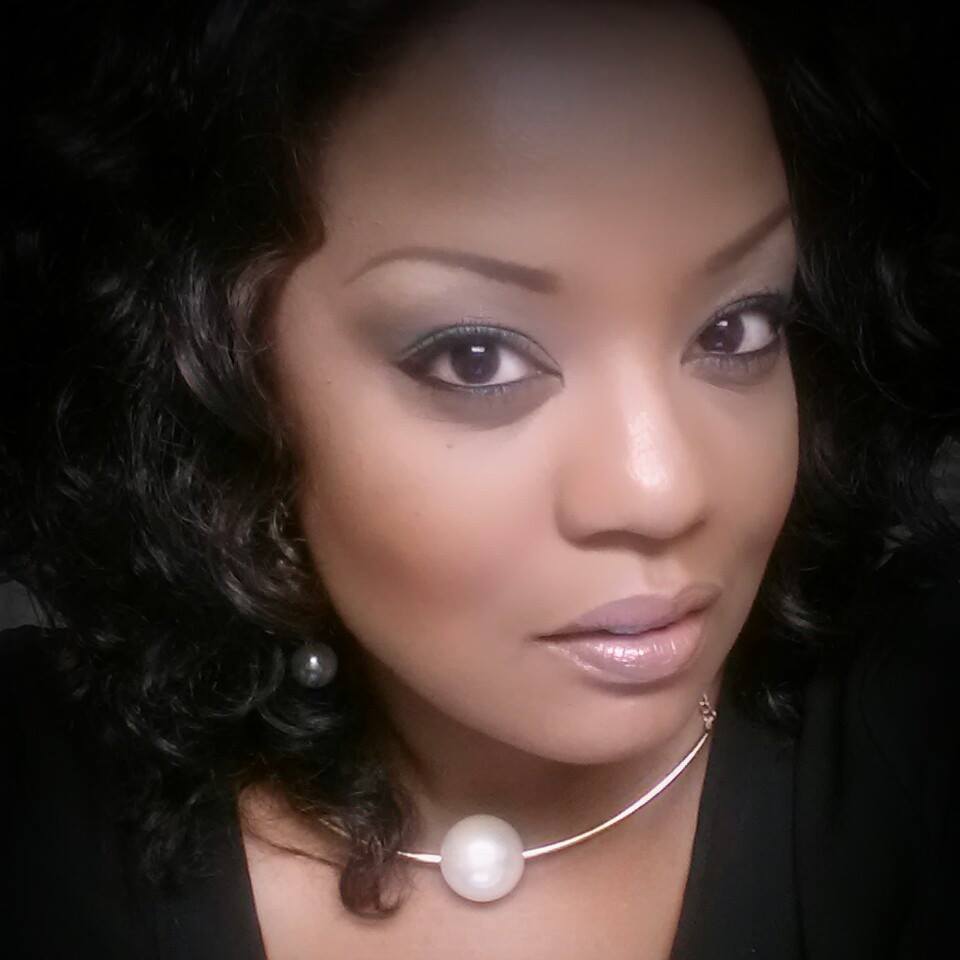

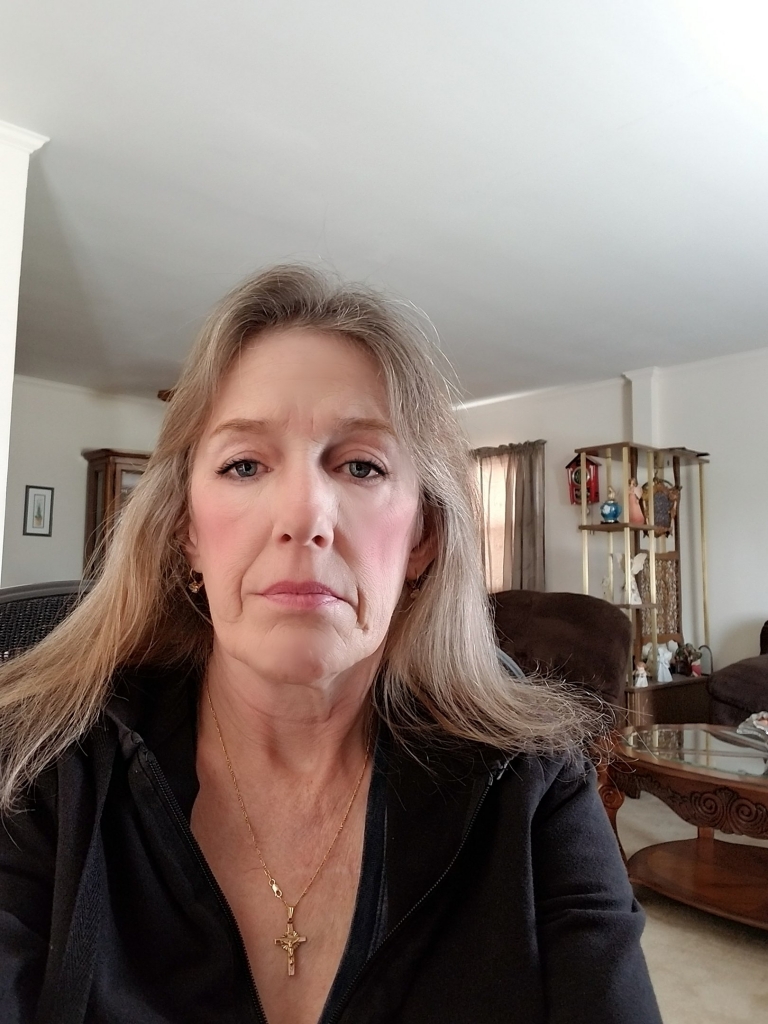



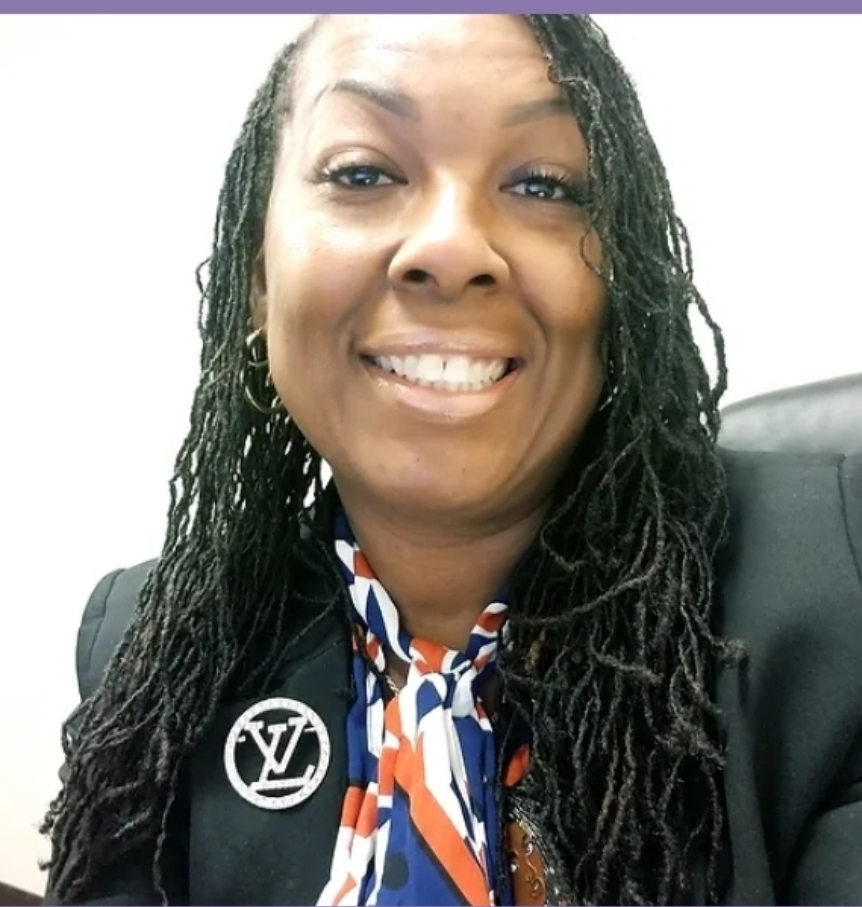
Excellent blog. Thank you-
Excellent food for thought. God bless